Open source technologies may have previously conjured images of geeks poring over code to modify and compile, and companies too poor to afford the real thing, but open source offerings are now driving new developments and spawning technological revolutions. Cloud computing is following suit and opening its code, technology, platforms and forums to the masses.
OpenStack is the moniker given to the project that involves such names as Rackspace, NASA, Citrix and Dell, and it hopes to unite the cloud computing arena behind one community-driven platform. The project specifically deals with Infrastructure as a Service (IaaS) and cloud storage. Rackspace is donating its code to the OpenStack project and NASA’s Nebula coordinates and powers arguably one of the most robust cloud services out there. It is being released under the Apache 2.0 license.
Current public cloud computing providers boast specific and unique platforms to manage data and applications. While this adds exclusive features, it also creates a culture of vendor lock-in, proprietary formats and customer hesitance. Their open source counterparts give developers and end users an opportunity to deploy an infrastructure based on a community-driven software stack. While the platform is still young, massive adoption across cloud vendors and private cloud users would mean great success; and draw more enterprise clients to the cloud for services. Prospective clients would also be able to evaluate cloud service platforms based on the value of their services and not their core technology.
Interoperability between platforms would also be a key factor for enterprises seeking to utilize multiple public cloud providers for redundancy in the same way that many of us depend on multiple telecommunication carriers.
It’s clear that businesses and government entities are leery of current public cloud services, but many are still taking advantage of cost-savings and accessibility with private clouds. The OpenStack initiative could potentially draw more public and private cloud clients; businesses are building private clouds first for their more sensitive data and could easily bridge their existing infrastructure to public cloud services as data needs increase and security fears are calmed. Users of Amazon’s cloud product, EC2, can currently use open-source Eucalyptus to build a private cloud and easily integrate with EC2 for public cloud needs. Making OpenStack open source and interoperable will develop the same private/public cloud relations for many other cloud vendors.
Many question how vibrant the OpenStack community will be, and how the open source initiative will affect competition in price and services. It appears that OpenStack will draw users from the technology community, but it’s unclear how much public cloud providers will push OpenStack when users come their way, and how large the user group will extend beyond already cloud-savvy users.
I’m excited to see where OpenStack goes and how it drives the technologies and market, and expect that this is just the first of many movements regarding cloud management.
